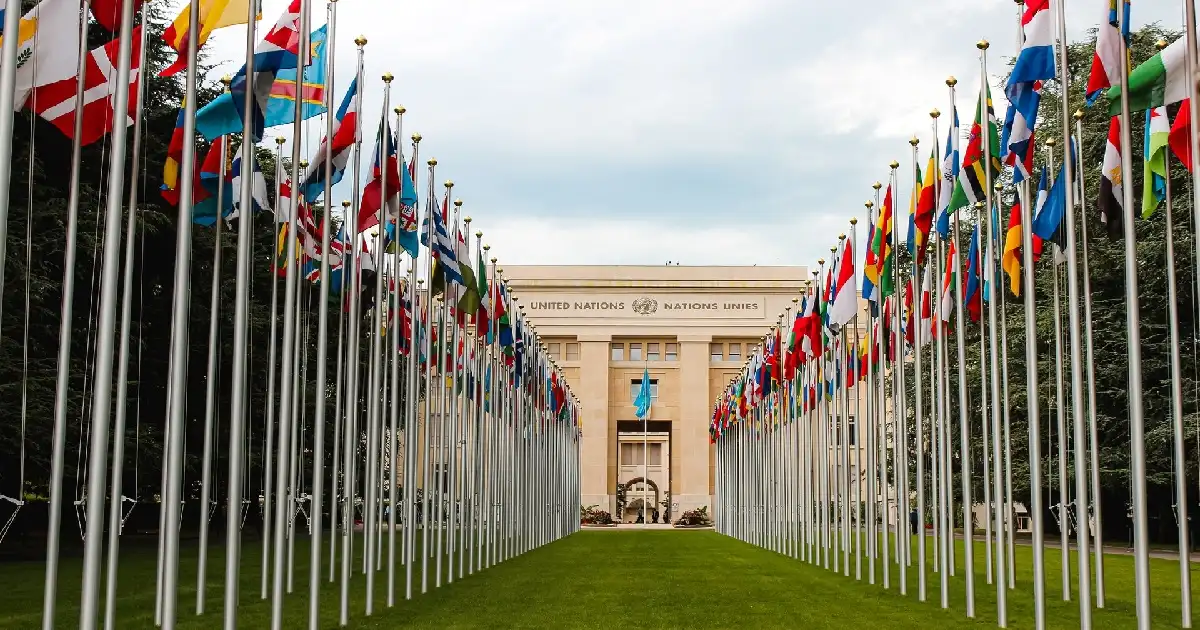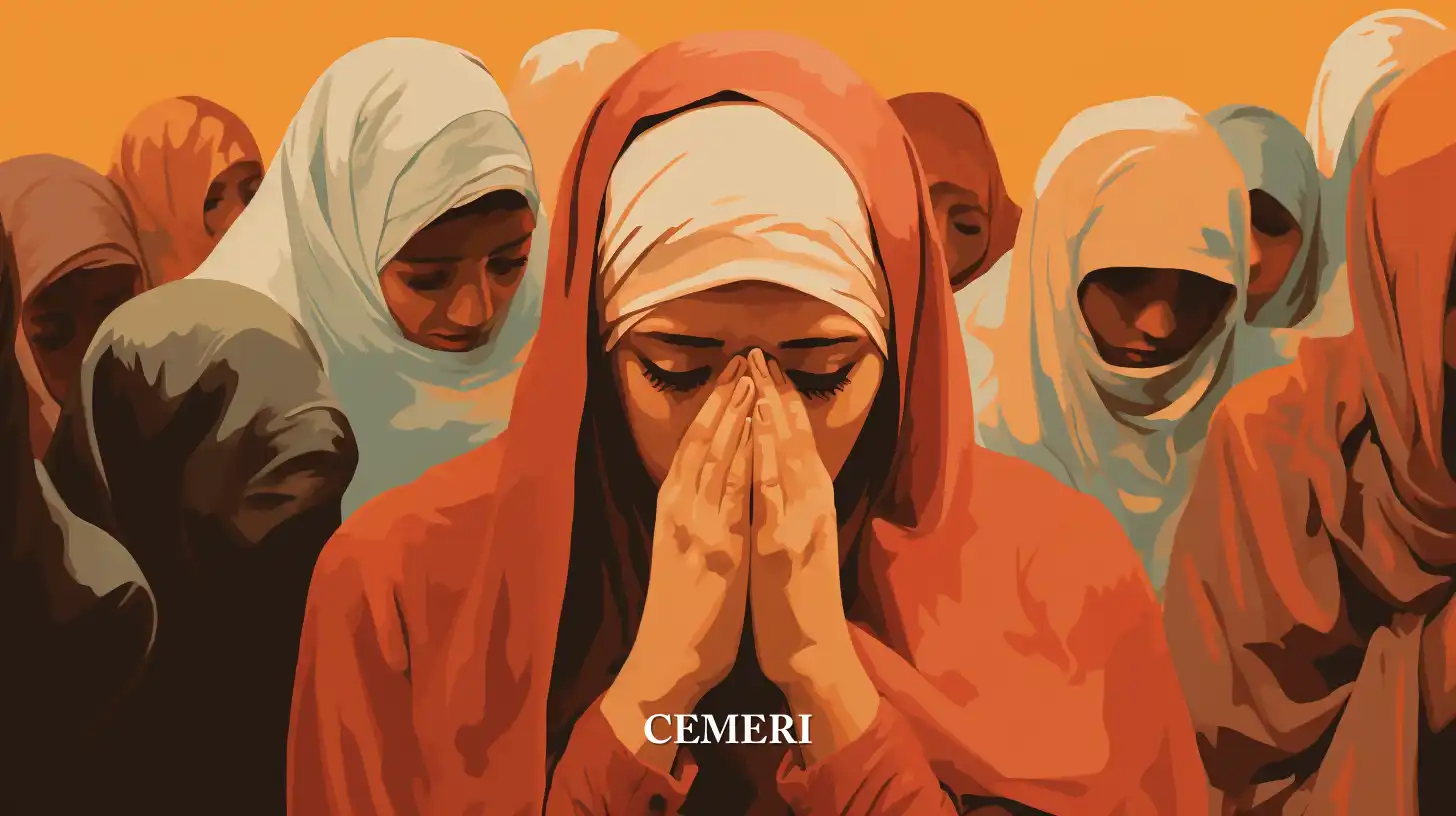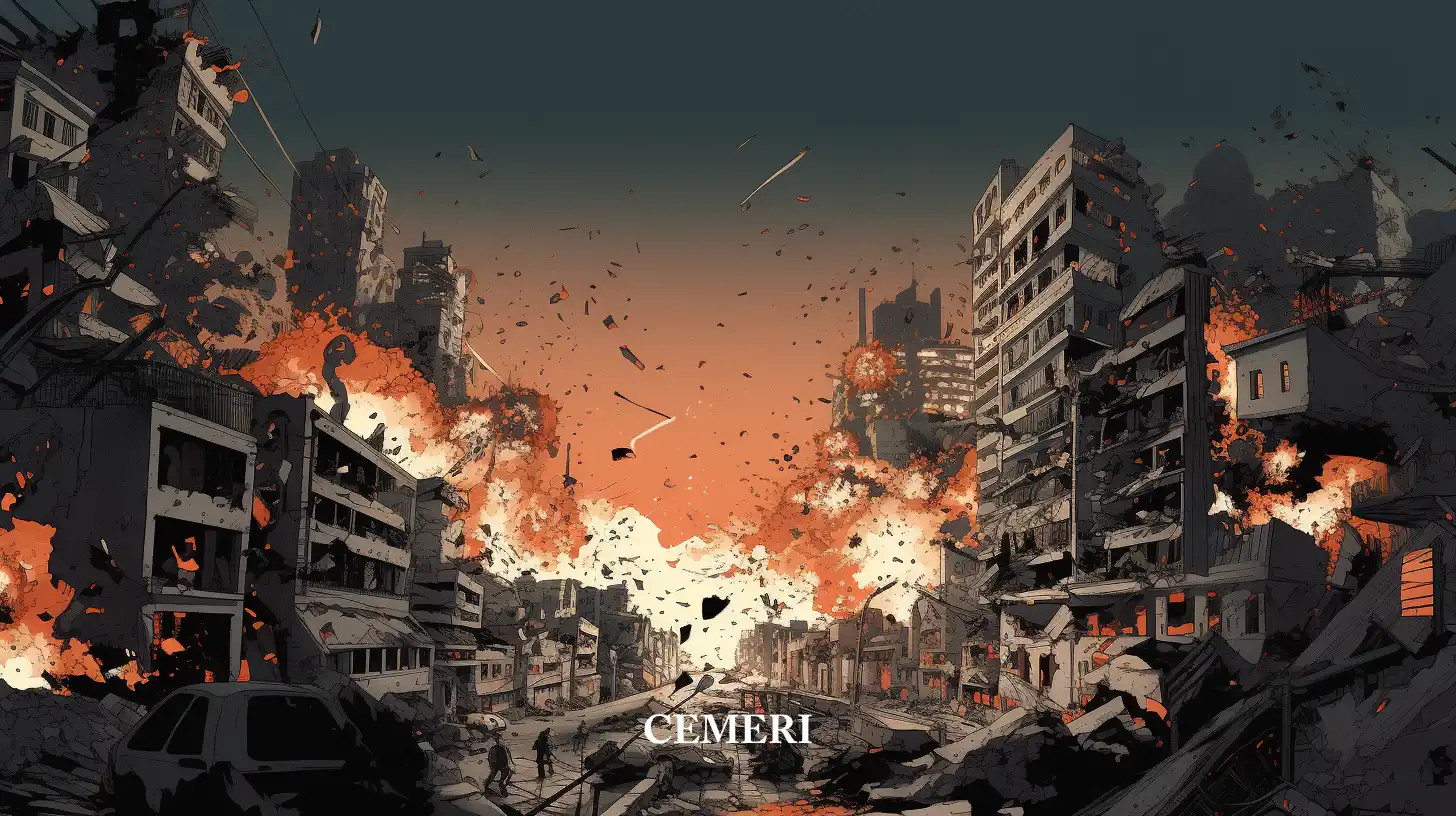Encyclopedia
Valeria M. Nava
What is multilateralism?
- Multilateralism can only be understood within the context in which it exists, this is the historical structure of the world order.

For Cox (1992) multilateralism can only be understood within the context in which it exists, this is the historical structure of the world order, and he even describes it as the active force that shapes it. In conventional diplomatic usage, the term multilateral refers to States, in the sense that it encompasses relations between more than two of them with respect to some specific issue or set of issues (Cox, 1992).
Following this same thread, Weck and Marten (2020) mention a second form of multilateralism, which includes:
“Not only cooperation between States under the roof of regional or global organizations to achieve one or more specific objectives, but also common rules and norms that serve as a basis for the respective umbrella organization and that are shared by its members; the United Nations and its subsidiary organizations, for example, belong to this level of "goal-oriented multilateralism."
The notion of multilateralism arises for Robert Keohane from the "practice of coordinating national policies in groups of three or more states, through ad hoc arrangements or through institutions" (1990). After World War II, multilateralism became increasingly relevant in world politics, manifesting itself in the proliferation of multinational conferences on a variety of issues (Keohane, 1990).
This is why it can be explained as "the cooperation of three or more States in matters of international politics" (Weck and Marten, 2020). In fact, it is thanks to multilateralism that what we know today as the United Nations Organization (UN) was created, which has helped establish multilateral plans such as the 2030 Agenda for Sustainable Development or, on climate issues, the Paris Agreement.
Although, Weck and Marten (2020) add that a third level, which they call "value-oriented multilateralism", which is focused on countries with a world vision and a shared value system, of which they take a position and share certain responsibility; for the latter they give an example of the case of NATO or the European Union.
Caparoso, quoted in Manrique de Luna (2009), investigates this topic further, dividing multilateralism as an organic principle, an organization or activity; The author emphasizes the distinction between multilateral institutions or organizations and the institutions of multilateralism, which he breaks down as follows:
Making this distinction, we can point out that multilateral institutions focus their attention on the formal elements and organizations of international life; while the institutions of multilateralism refer to the less formal, to the habits, practices, ideas and norms of international society.
The image shows the five factors that generate multilateralism, that is, what makes countries seek reciprocal cooperation with a common goal. According to Manrique de Luna (2009), the development and emergence of multilateralism has proven to be a real and effective tool in international relations, which allows "dealing with international problems, transnational problems that affect us", which which includes issues on the global agenda such as the environment, world peace, international security, or problems that directly affect countries such as drug trafficking, maritime piracy, among others. Source: Own elaboration with information from Manrique de Luna (2009).
Global Governance for the 21st Century
The world order referred to by Cox (1992) has historically been led by the United States, which, reviewed in context, is explained as follows:
The US-led order arose at a peculiar time, at the end of World War II. The former great powers of Asia and Europe had been reduced to rubble, and a combination of foreign dominance and domestic prosperity allowed the United States to serve as the architect and guarantor of a new order made in its image (Sullivan, 2018). ). However, "Trump's election has forced countries to consider a world without the United States in the central role" according to reflections by Sullivan (2018), although it also opens the possibility for other countries such as China to take advantage of this opportunity to expand its influence on other states. On this, Sullivan (2018) emphasizes that "China does not want a radical change in the world system in the short term, even if it tries to reach a more influential position by taking advantage of the vacuum left by Trump."
The European Union, generator of norms and institutions par excellence, cannot but position itself in favor of the multilateral system, since it offers a way to stop US unilateralism and to contribute to a new balance of world power in the context of a new global governance. with new and numerous emerging powers (Magaña, 2018).
The author concludes that the European Union managed to raise its multilateral policy profile thanks to the vacuum in different areas left by the presidency of Donald Trump of the United States in Geneva, New York and Vienna (Magaña, 2018). The same author in his article Multilateralism as an antidote. The new European strategy to overcome an existential crisis (2018) reflects that "multilateralism is also a means for the European Union to face, with more possibilities of success, its own obstacles".
A clear example is that of French President Emmanuel Macron and Environmental Multilateralism, of which:
Faced with the withdrawal of the United States from the Paris Agreement on climate change, Macron invited US scientists, activists and businessmen interested in continuing to collaborate with that initiative to move to France, for which he proposed a slogan opposed to Trump's: "Make the planet great again” (Let's make the planet big again), and launched a new environmental multilateralism (Magaña, 2018).
Multilateralism due to COVID-19
Lastly, it is convenient to briefly address the role of multilateralism in the COVID-19 pandemic, which has been wreaking havoc around the world for two years. In the first instance, as a result of this disease, “health care has become a new central issue of global multilateral cooperation between state and non-state actors” (Weck and Marten, 2020).
The challenge of facing the pandemic has led to mechanisms, such as multilateralism, being put in place to ensure medical equipment, detection tests and, more recently, vaccines. On this, Amina Mohammed, UN Deputy Secretary General, mentions that "cooperation between the best scientists in the world had developed vaccines and multilateralism had delivered a vehicle to ensure their distribution throughout the world: the COVAX mechanism" (ONU, 2021). .
Referring to COVAX, the World Health Organization (WHO) highlights it as "the pillar of vaccines and an accelerator of access to tools against COVID-19" (WHO, s/f), in more detail:
The ACT Accelerator is an innovative global collaborative initiative to accelerate the development and production of COVID-19 tests, treatments and vaccines and ensure equitable access to them. COVAX is co-led by the Gavi Vaccine Alliance (Gavi), the Coalition for Promoting Innovations for Epidemic Preparedness (CEPI) and the World Health Organization (WHO, n/d).
The objective of this alliance is to accelerate both the development and manufacture of vaccines against COVID-19, as well as to guarantee that there is fair and equitable access to them in all countries of the world (WHO, s/f).
In the context of a global crisis, both trust and collective action are needed, and in light of this, it is absolutely necessary for there to be effective multilateralism, "characterized by being a renewed social contract, deeper solidarity and greater investment in the youth, with the Sustainable Development Goals at the center of the agenda” (UN, 2021).
In conclusion, multilateralism has proven to be a tool for cooperation and assistance between countries on an immense number of issues that has been built and used since the mid-20th century, in a post-World War II era, in which the great powers They saw the need to create multilateral organizations that would unify international society, structure the world order, and help rebuild a world devastated by war. The authors cited in this article give several tangible examples of multilateralism in action, although this article emphasizes two of the most important current problems: the health crisis and climate change. Derived from a crisis such as the COVID-19 pandemic, the COVAX mechanism has emerged, to ensure, through a multilateral system, the equitable and fair distribution of the anticovid vaccine throughout the world, the so-called "Vaccine Diplomacy".
This is how multilateralism is essential for there to be collaboration mechanisms, but, above all, for joint solutions that have tangible results, always keeping in mind that they benefit the world population and ensure a prosperous and sustainable future.
Sources
Cox, R. (1992) Multilateralism and World Order. Cambridge University Press. Review of International Studies, Vol. 18, No. 2. Pp. 161-180
Keohane, R. (1990) Multilateralism: An Agenda for Research. International Journal 45, no. 4. Pp- 731-764.
Magaña, A. (2018) El multilateralismo como antídoto. La nueva estrategia europea para superar una crisis existencial. En La apuesta por el Multilateralismo, Foreign Affairs Latinoamérica, Vol. 18 Núm. 2. Pp. 14-20.
Manrique de Luna, A. (2009) El Multilateralismo en las Relaciones Internacionales. Revista Ius Et Veritas.
OMS. (s/f) COVAX: colaboración para un acceso equitativo mundial a las vacunas contra la COVID-19. Recuperado de: https://www.who.int/es/initiatives/act-accelerator/covax
ONU. (2021) El multilateralismo encuentra soluciones a los retos mundiales y, sin embargo, lucha por encontrar un camino efectivo para aplicarlas. Noticias ONU. Recuperado de: https://news.un.org/es/story/2021/10/1498862
Sullivan, J. (2018) El mundo después de Trump. Cuánto puede soportar el sistema. En La apuesta por el Multilateralismo, Foreign Affairs Latinoamérica, Vol. 18 Núm. 2. Pp. 42-52.
Weck, W. y Marten, T. (2020) Multilateralismo perspectivas latinoamericanas. Fundación Konrad Adenauer. Programa Regional Alianzas para la Democracia y el Desarrollo con Latinoamérica, ADELA.

